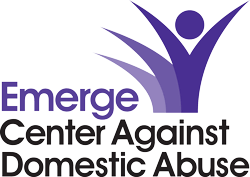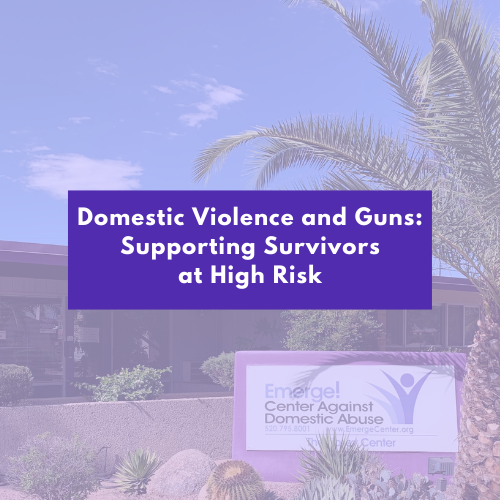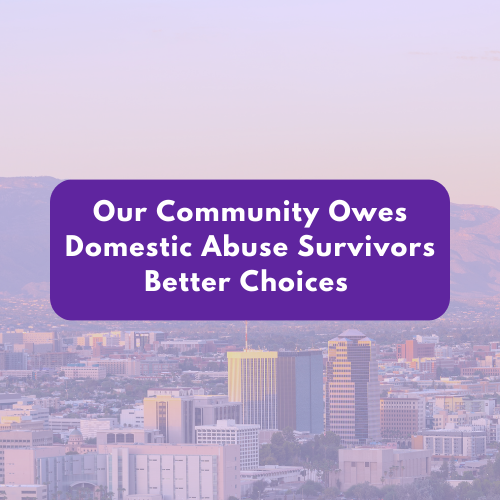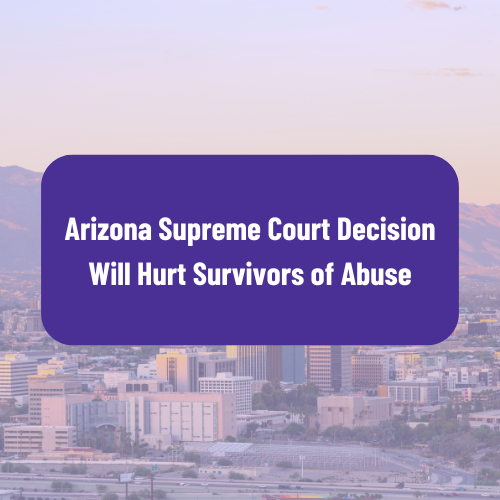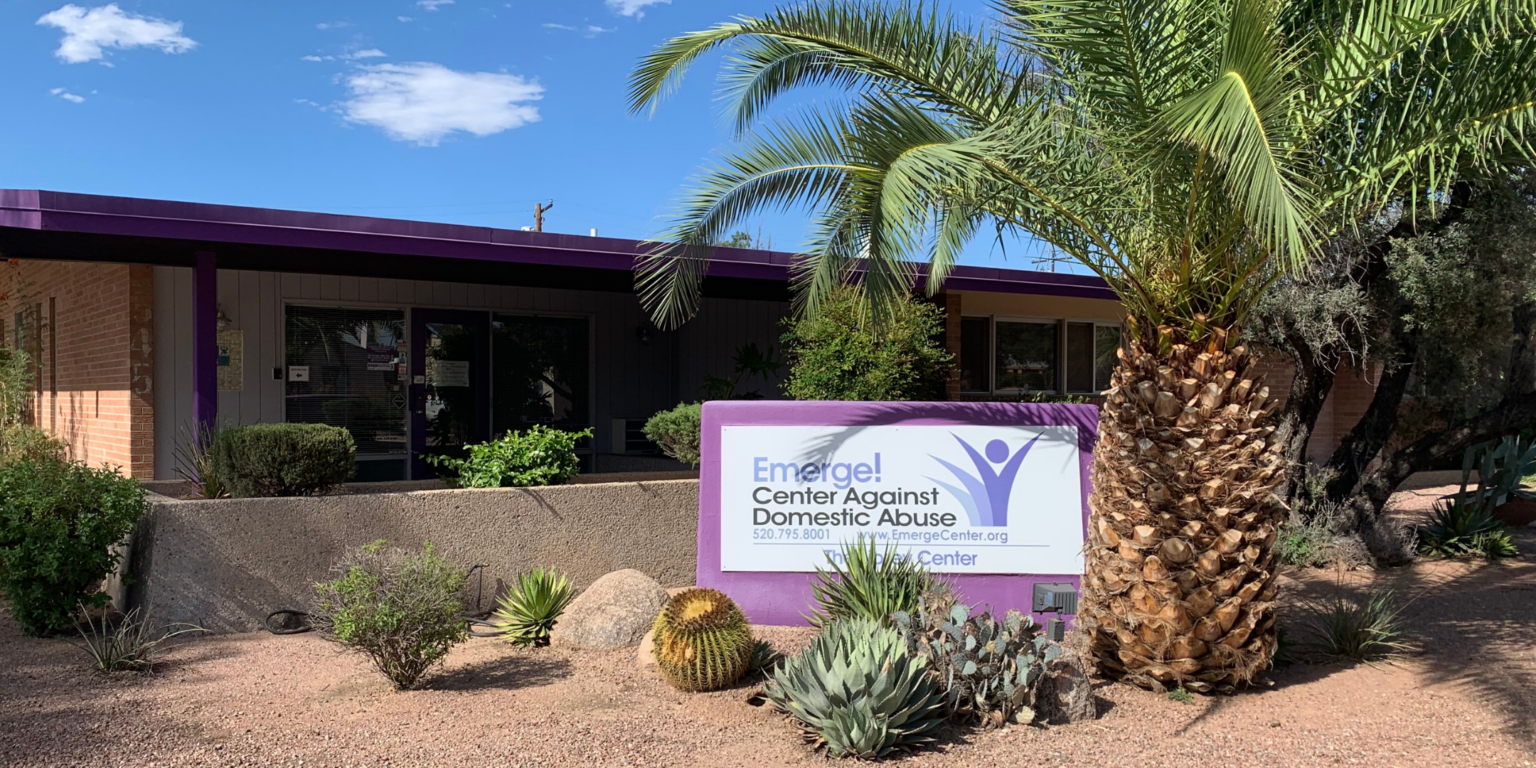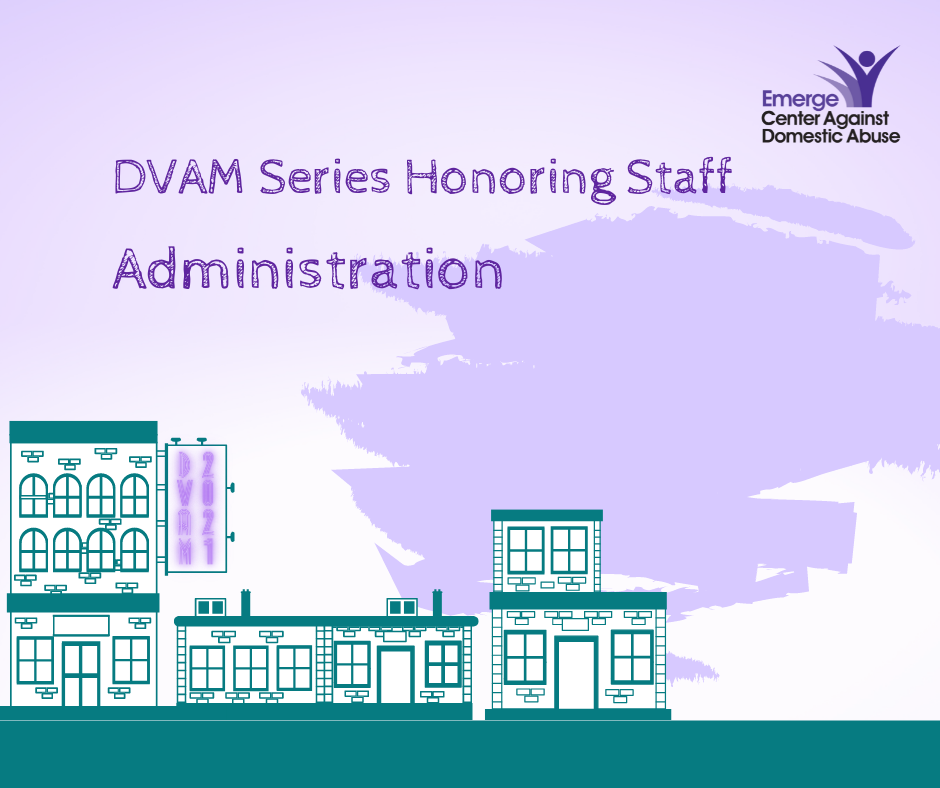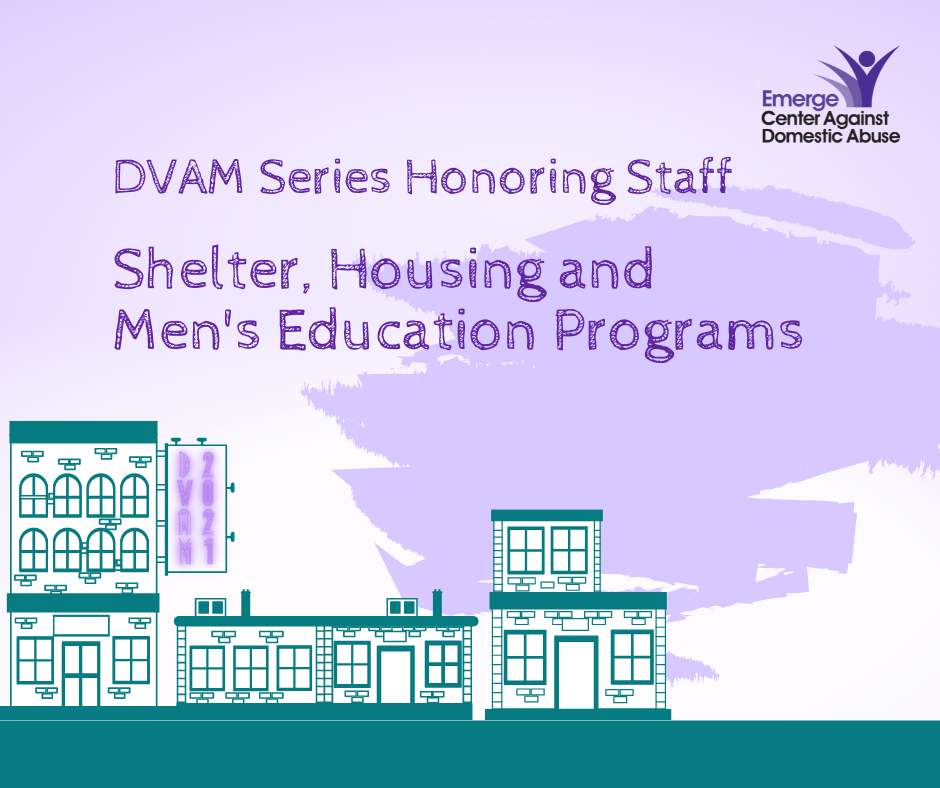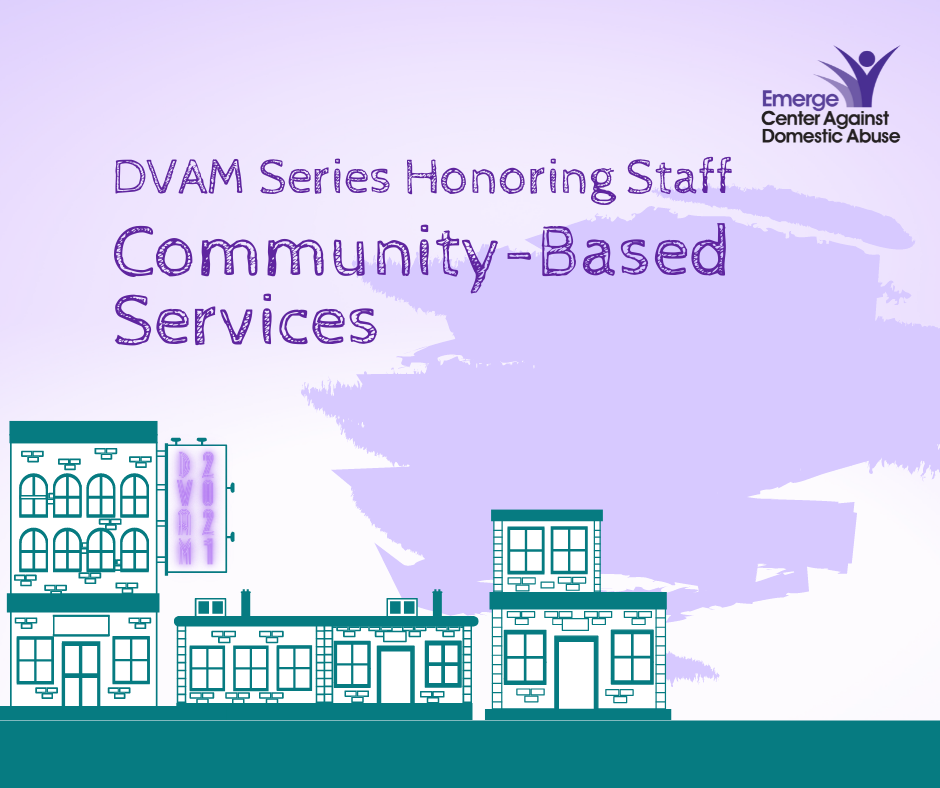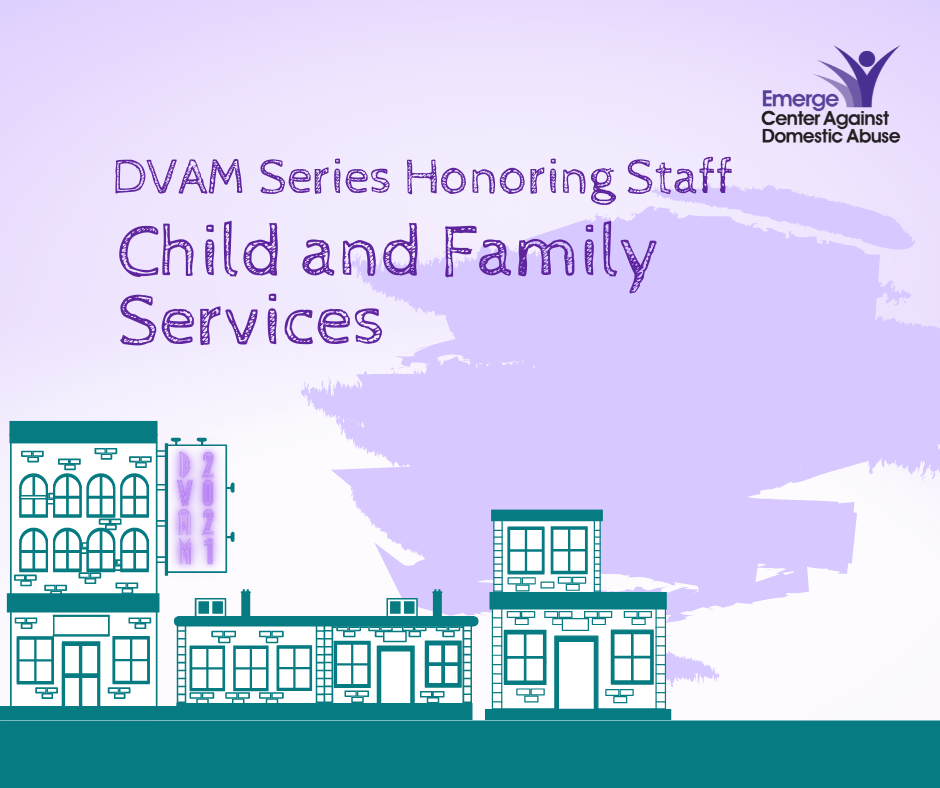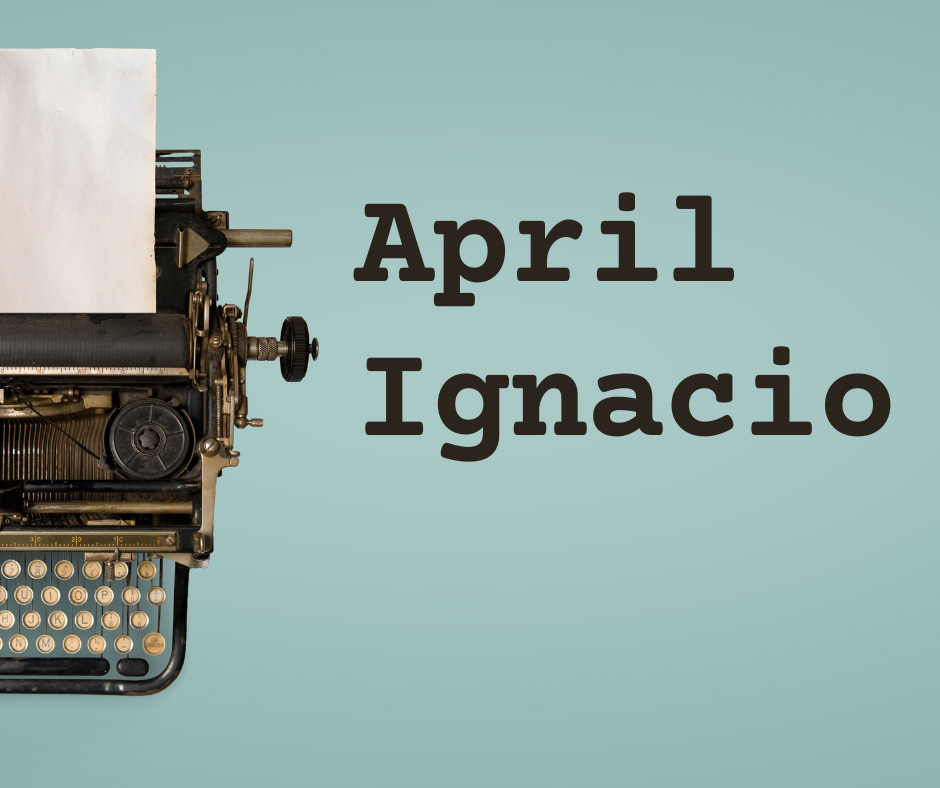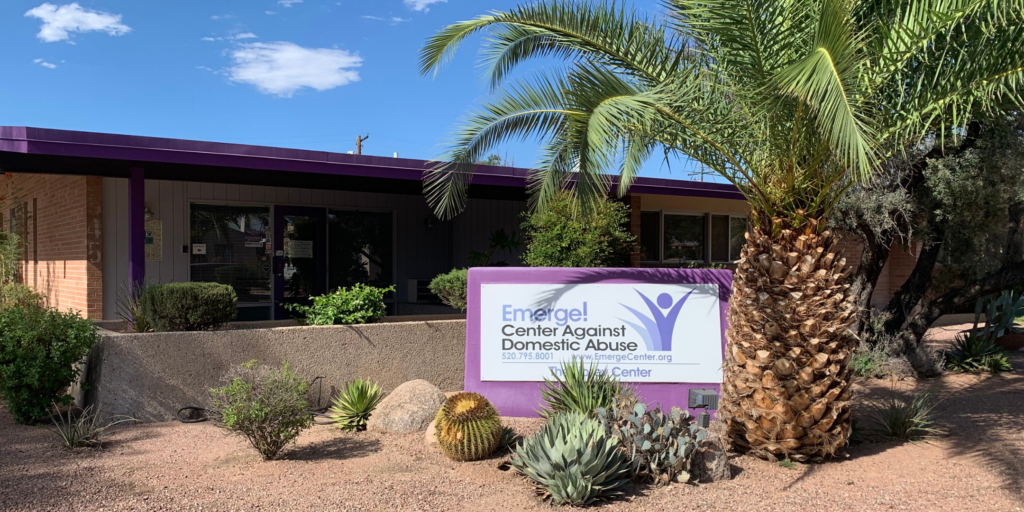
Domestic Violence and Guns: Supporting Survivors at High Risk
TUCSON, Ariz.: Once again, Tucson families mourn the loss of loved ones whose lives were taken in acts of violence. Earlier this month, 24 year old Delysia Yasmine Urbina and 26 year old Anisa Moreno were both killed by their boyfriends in separate domestic violence (DV) shootings. The loss of these young women will continue to impact their children, their families, friends, and their communities for many years to come.
And, we know that every day, many more domestic violence survivors in Tucson and Pima County live in fear of the direct or indirect threat of their partners’ access to firearms. Studies show that women are 5x more likely to be killed by an intimate partner when they have access to a gun. Gun violence is especially prevalent in Arizona, where in 2021, 70% of all DV-related homicides were by firearm.
Guns are not only a huge risk factor for domestic violence homicide, they are used to cause fear and wield control over survivors. Often, guns are used as a tactic of abuse to threaten the survivor or children, other family members, or pets in the home. When people use guns to threaten and control their intimate partners, the fear invoked is tied to a very real risk as we have seen time and again in these preventable tragedies.
Help is available. Whether a survivor is interested in support through the criminal legal system, or through the community, there are options to increase safety in DV situations involving firearms. Emerge Center Against Domestic Abuse (Emerge) offers a crisis hotline available 24/7 to address immediate safety needs and connect survivors to other supports, such as emergency shelter or lay legal support services.
“While the risk associated with domestic abuse and guns is severe, survivors may feel afraid to call 911 for help—and they may not know what support options are available to them,” said Anna Harper, CEO of Emerge. “We want to help survivors find the option that feels safest to them based on their needs, and we want survivors to know what they can ask for from the criminal legal system when accessing safety.”
Emerge staff are able to walk survivors through their options in support of their goals and provide education about options available through the courts, including applying for an order of protection. For more information, visit https://emergecenter.org/find-help/domestic-violence-and-guns/.
At Emerge, we are holding the pain of the families impacted by this violence. We invite the community to join us in our work to build a safer community. Some ways to get involved are by volunteering, donating or joining our team. If you or someone you know is experiencing abuse, call our multilingual hotline at 520-795-4266. Emerge hotline specialists can help with safety planning and provide further information on available support. Community-based support is also available to help men in taking responsibility for being safer in their relationships. Emerge’s Generate Change: Men’s Helpline is available 9:00 a.m. – 4:00 p.m., Monday – Friday to support men during escalated interactions with identifying safer, non-violent choices. For the men’s helpline, call 520-444-3078, Option 1.
